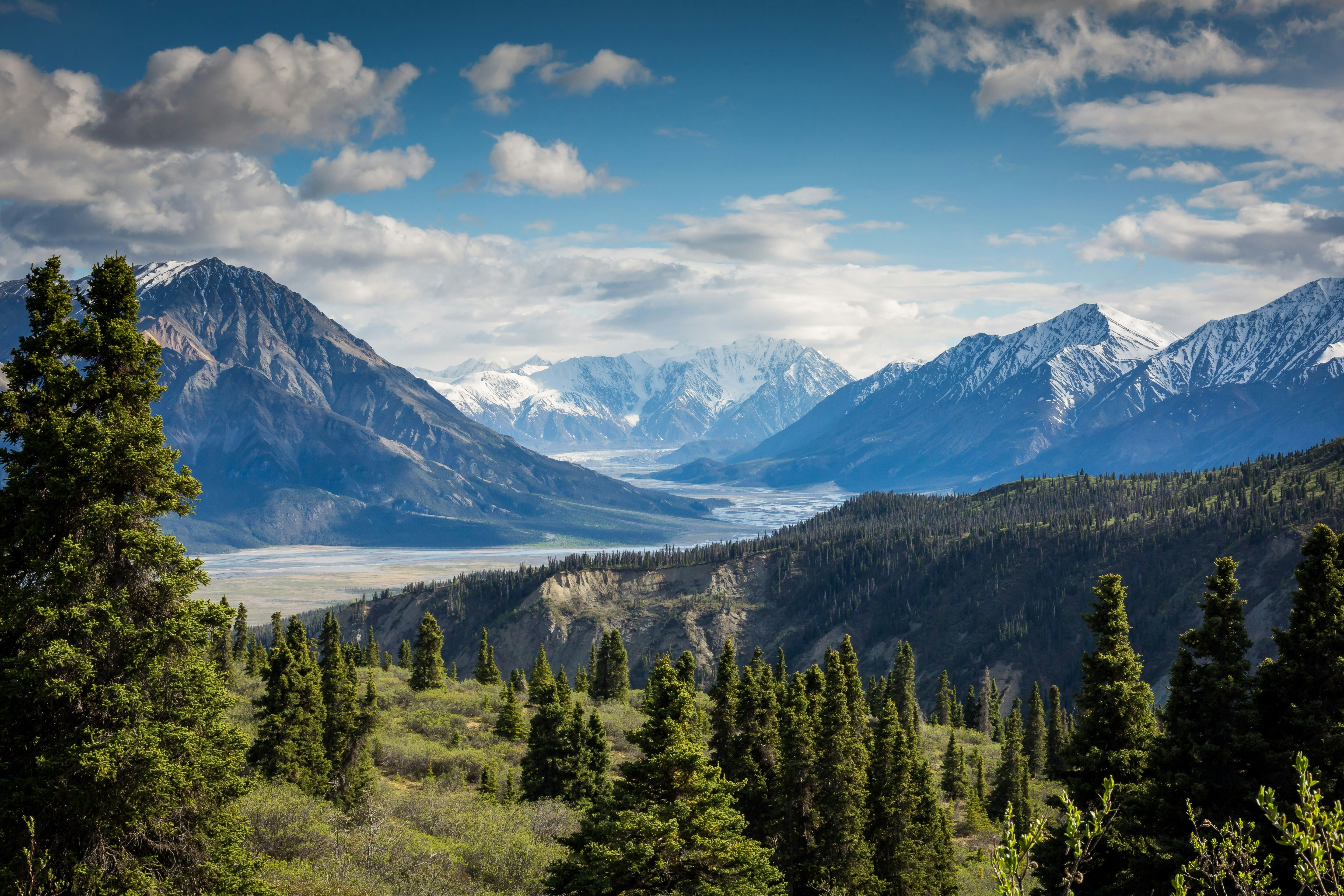India to Incorporate Caste Information in the Impending Population Census
India's decision to include caste details in its upcoming national census is set to shake up the nation, sparking socio-economic and political fallout. Information Minister Ashwini Vaishnaw announced the move on April 30, 2025, without specifying a date for the census. He emphasized that the decision demonstrates the government's commitment to society and the country.
This decision could lead to demands to expand the current quotas for government jobs, college admissions, and elected offices. India's quota policy caps these reservations at 50%, with 27% reserved for lower and intermediate caste groups known as Other Backward Classes (OBCs).
Caste, an ancient social hierarchy, plays a crucial role in Indian life and politics, with hundreds of caste groups based on occupation and economic status. However, accurate data on the number of people belonging to these groups is limited. Colonial rulers counted all castes from 1872 until 1931, but India has only counted Dalits and Adivasis since 1951.
Several states, including Bihar and Karnataka, have already conducted caste surveys, showing a higher number of backward castes and triggering calls to raise quotas. Other states, like Andhra Pradesh and Telangana, plan to follow suit.
The opposition and Modi's partners have pressured the government to count caste in the new census, although Modi's Hindu nationalist party has previously opposed such a move, fearing it could exacerbate social divisions. Opposition leader Rahul Gandhi of the Congress Party welcomed the government's decision, stating that pressure from the public had been effective.
The inclusion of caste details in the national census may enhance transparency, as claimed by Vaishnaw. However, some states run by opposition parties have conducted their own caste surveys for political gain, he added.
The fortunes of many political parties, including Prime Minister Narendra Modi's ruling Bharatiya Janata Party (BJP), depend on alliances of castes, particularly those in the OBC category. Amit Shah, India's powerful home minister, praised the decision as historic, asserting it would empower all economically and socially backward sections.
- 🔍 Behind the scenes: The announcement comes as the Indian government faces criticism for its handling of issues related to marginalized communities. A caste census could provide vital data to develop targeted policies aimed at addressing socio-economic disparities. However, concerns persist about the potential reinforcing of caste divisions and the accurate collection of data in light of the complex nature of caste affiliations.
- 💡 Enrich your understanding:
- Read more about the challenges and benefits of a caste census in India on The Conversation (https://theconversation.com/indias-caste-census-how-could-recording-caste-data-help-to-end-social-injustice-133285)
- Learn about the history of caste discrimination in India on BBC News (https://www.bbc.com/news/world-asia-india-36468992)
- 🌐 Further Reading:
- Gates Foundation grapples with worries over Trump's mission (https://apnews.com/article/bill-gates-jim-clinton-coronavirus-pandemic-education-4b8248b3c7c628faf4c0c29c3d5edf94)
- Death at scenic point in Utah's Bryce Canyon National Park (https://apnews.com/article/scenic-point-fall-death-bryce-canyon-national-park-4feca618e5b0ee431d6b0e0d38f232c5)
- What happened to a toddler left behind when her parents were deported? (https://apnews.com/article/united-states-immigration-policy-minor-2-year-old-deportation-28ea6deff81f24168dcb543a710f6356)
- Trump administration retreats on Social Security clawbacks (https://apnews.com/article/senior-citizens-coronavirus-pandemic-social-security-49ebc666b355342cf38f12f22444c813)
- Former agent for John Elway dies after accident (https://apnews.com/article/nfl-john-elway-golf-injury-62-year-old-death-america-4d7eb26b273deb723494b4c2d4d1f03b)
- The government's decision to include caste details in the upcoming national census is predicted to stir up the nation, fostering socio-economic, political unrest, and potentially altering policy-and-legislation concerning jobs, college admissions, and elected offices.
- Indian politics, governed by a complex web of hundreds of caste groups, may witness shifts in power dynamics as a result of this transparency move, with demands for expanding current quota systems likely to surface.
- The government's intent behind this decision seems aimed at showing commitment to society and the country, while addressing long-standing socio-economic disparities among marginalized communities.
- Accurate data on caste affiliations has been limited in India, making it hard to gauge the correct representation in government jobs, college admissions, and elected offices under the current quota system.
- Governments in several states, like Bihar and Karnataka, have already conducted caste surveys, evidentiating a higher number of backward castes, which has triggered calls to raise quotas.
- The opposition and Modi's allies have urged the government to count caste in the new census, while the Hindu nationalist party has historically opposed such a move, fearing the exacerbation of social divisions.
- The census could improve transparency, as Government Information Minister Ashwini Vaishnaw asserted, but concerns remain about the potential reinforcement of caste divisions, particularly in light of the complex nature of caste affiliations. Central to these concerns is the accurate collection of data from across the country.








